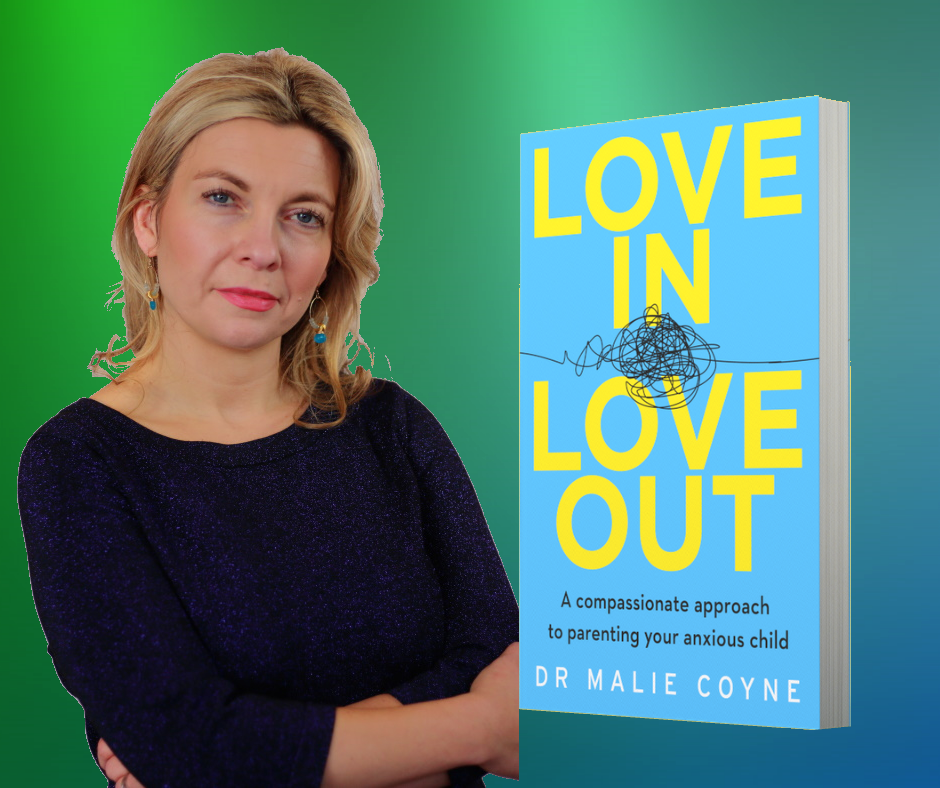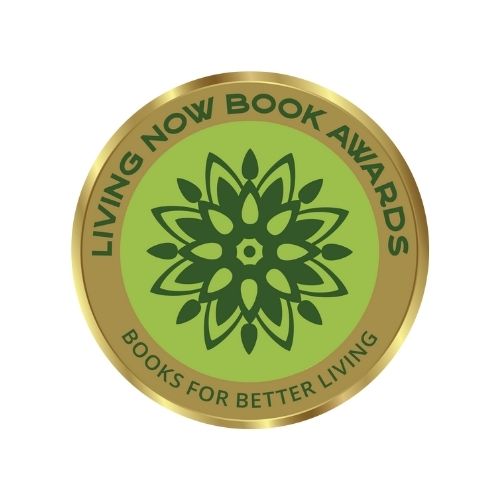
LOVE IN LOVE OUT
A compassionate approach to parenting your anxious child
DR MALIE COYNE
Published by HarperCollins Ireland.

'Love In Love Out' is an award winning BEST SELLER and reached Number 2 in the Irish book charts in July 2020
(Above) HarperCollins Ireland promotional video.
Posted by Dr. Malie Coyne - Clinical Psychologist on Wednesday, July 22, 2020
(Above) Online book launch - 22nd July 2020
Posted by Dr. Malie Coyne - Clinical Psychologist on Thursday, March 12, 2020
(Above) Why I wrote the book
Dr. Malie Coyne "Love In, Love Out: A compassionate approach to parenting your anxious child" Online Book Launch in association with @hcinireland @alustforlife and @easonsireland ~ Writing a book has always been a dream of mine and the day has finally come! I'm so excited to be joined by Ruth Fagan and special guests for an in-depth chat about my book and for some practical take-away tips for parents! #loveinloveout
Love In Love Out has a FIVE STAR rating on Amazon and won GOLD at the Living Now Book Awards in 2021



With more than 60 5-star reviews on Amazon, here is a small sample of quotes from reviews of 'Love In Love Out'
An essential book for any parent of a child with anxiety!
"A wonderful book for any parent who needs guidance around their child's anxiety"
Hugely helpful and compassionate approach to supporting children to cope with anxiety
I couldn't put it down
A wonderful guided experience for any parent
Written from the heart, a fabulous resource for parents and anyone working with children
An insightful, practical and compassionate approach to parenting an anxious child
Fantastic book. Beautifully written and extremely heartfelt.
(Above) Malie discussing the effects of anxiety on the brain with Vogue Williams on 'My Anxious Life' (RTE)
Posted by Dr. Malie Coyne on Wednesday, September 4, 2019
